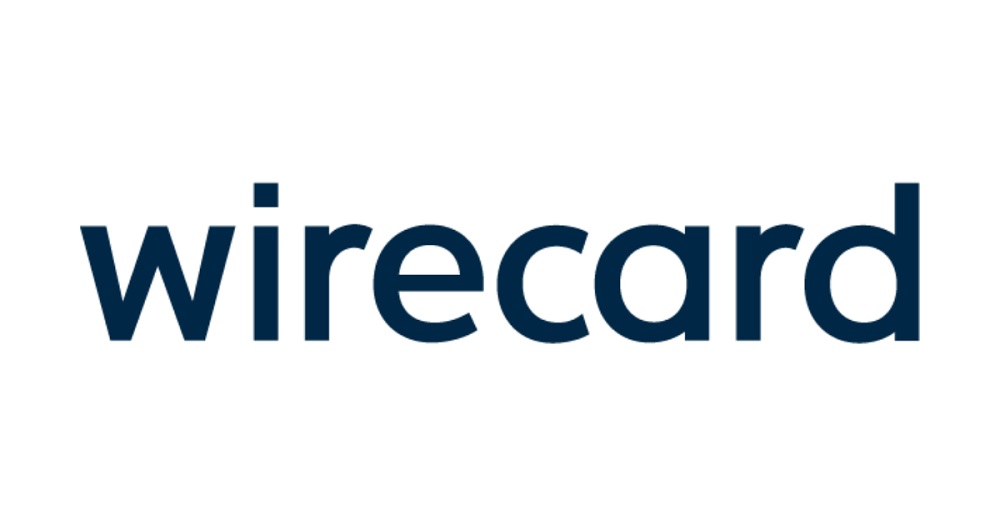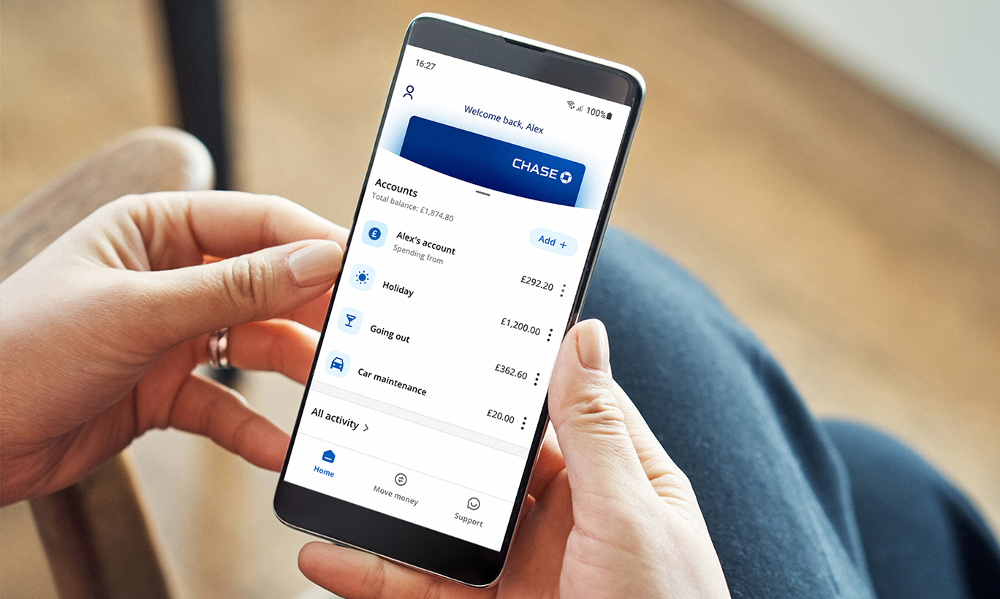I recently wrote about how Marcus were dropping their interest rates but they were still one of the most competitive instant access savings options.
Well, it seems that they’re so competitive that they’ve had to stop accepting new customers for their instant access product.
At the moment, Marcus sits within Goldman Sachs. But if it holds deposits of more than £25bn, which it’s apparently in danger of doing, the money will have to be ring-fenced away from the investment arm of the bank and it will need its own board.
Random fact: This rule was introduced after the 2008 financial crisis and I actually attended one of the public consultations where this was proposed. Basically, people wanted their money to be protected from investment bankers.
Whether Marcus will go down the ring-fencing route in future is unclear. But if they do, it will certainly mean added costs and perhaps lower interest rates. Marcus says the ban on new accounts is only temporary so that doesn’t rule it out.
Meanwhile, they are still accepting deposits via their 1-Year Fixed Rate Saver, which lets you deposit up to £250,000 within a 14-day period and pays 1% AER. Although to be honest, if you’re going down the fixed-term savings route, there are more competitive options.
NS&I’s Income Bonds remain the top instant access savings option.
If you only have a small amount of spare cash, a current account might win out.
Virgin Money’s current account pays 2.02% AER up to £1,000 while Nationwide’s FlexDirect account pays 2% AER up to £1,500 for the first 12 months (but then it drops to a measly 0.25% AER).




